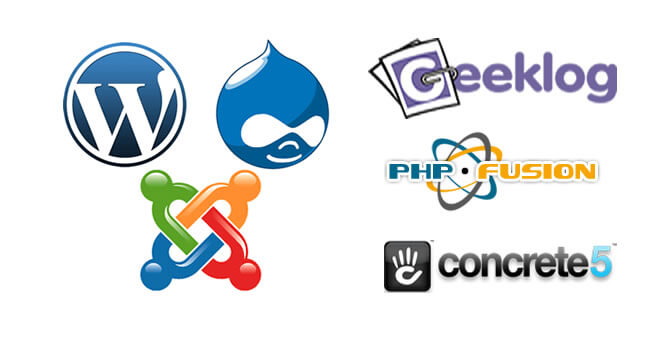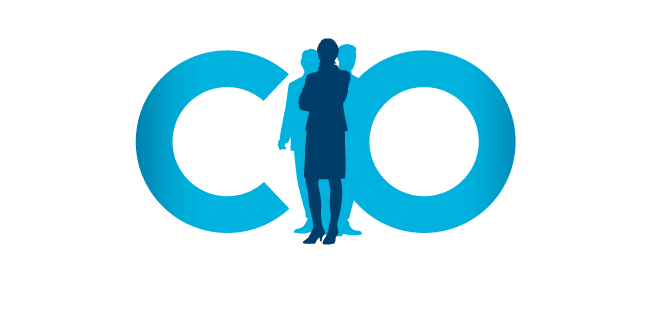An Overview of PHP-Based Content Management Systems Beyond WordPress
WordPress is far and away the most popular content management system (CMS) on the web. It’s for good reason, but like anyone holding the claim of first place, it still has its critics. If you are working with PHP and want a good content management system for your site, you have a gaggle of options. We’re going to run down a few of them here, and go over their advantages and disadvantages.
Geeklog
www.geeklog.net
One of the most popular of the WordPress alternatives, Geeklog is a feature-full CMS that can use mySQL, PostgreSQL or Microsoft SQL server for its databases. It includes among its features content syndication, forums, calendars, polls multi-language support and mass user deletion. If you need help, it actually uses a wiki for its official documentation. Popular sites Groklaw and Mac OS X Hints have used it for years.
RELATED: Mambo Web Hosting: The Industry’s Leading Content Management System
concrete5
www.concrete5.org
Open-source CMS concrete5 has attracted attention for its ease of use. Not only is there easy editing of individual pages without having to go through an administrative interface of some kind, but even images can be edited from directly within its interface. It includes among its features search engine optimization, a tracker to check for latest software revisions, and a page history so that you can revert to any previous version of any page on your site. It’s among the newer CMSs so 3rd party content and themes are still catching up, but it appears that this is happening quickly.
Drupal
www.drupal.org
Drupal might be the largest and most far-reaching CMS outside of WordPress. In fact, one estimate has one in 66 web sites using it, including the governmental web sites for both the US and the UK. It has about as much compatibility as any software out there, running on any operating system using PHP and working with just about every main database software in existence. Among its arm-length long list of features are multi-user file editing, multiple security restriction methods, support for multiple sites, and support from communities in multiple languages (“multiple” seems to be the central word here). The gigantic community, in fact, seems one of Drupal’s main selling points: the Drupal web site lists more than 11,000 user-created modules.
RELATED: Understanding the Benefits of CMS
PHP-Fusion
www.php-fusion.co.uk
For something with a lot of miles on it but still simple and lightweight there is PHP-Fusion. It comes with most of the basic features like themes, forums, picture gallery support, spam protection and an in-site search, and it has support sites in 20 countries. It is considered one of the most stable and reliable CMSs out there.
Joomla!
www.joomla.org
Also, with strong community support is the open-source Joomla! Using object-oriented programming, Joomla!’s features include RSS feeds, polls, search capability, and language internationalization.
WordPress’s reputation is well-earned, but don’t fear the alternatives. One of the advantages of the information era is that there’s almost always more than one right way. If your web host uses them, take a closer look. You’ll find a lot of them to be of a high enough quality to make you not miss the biggest names.




